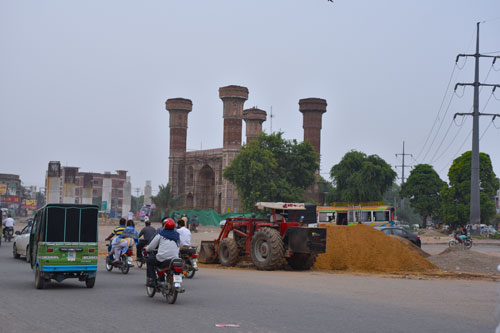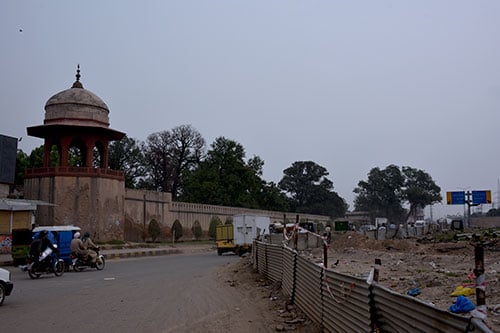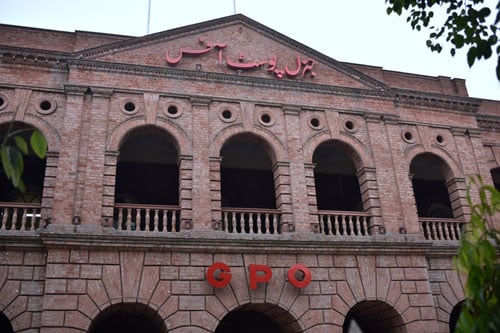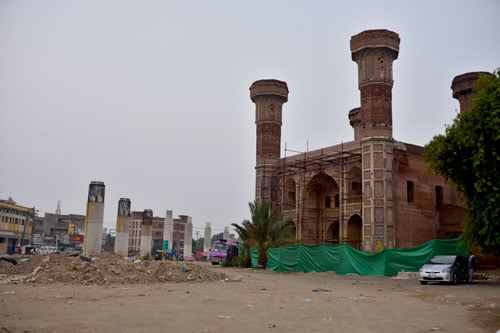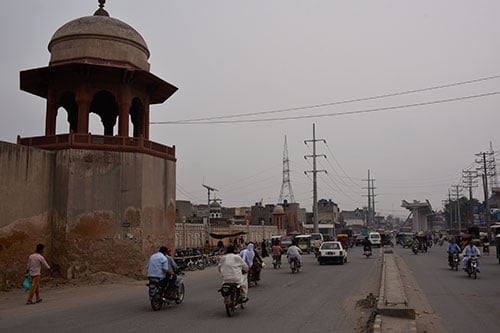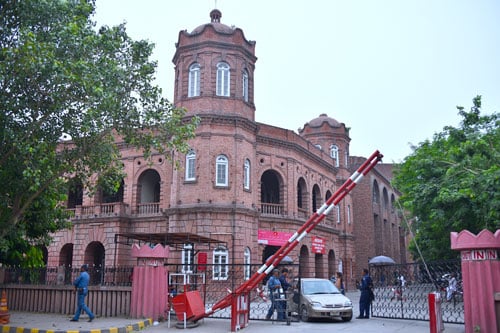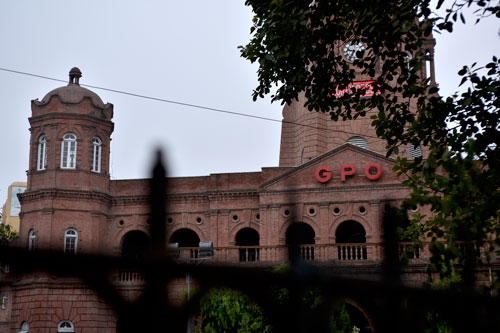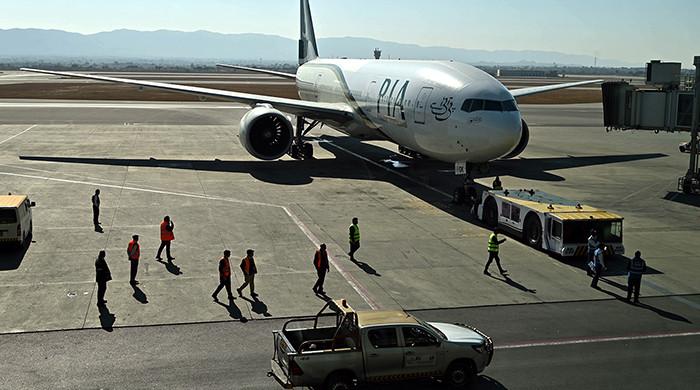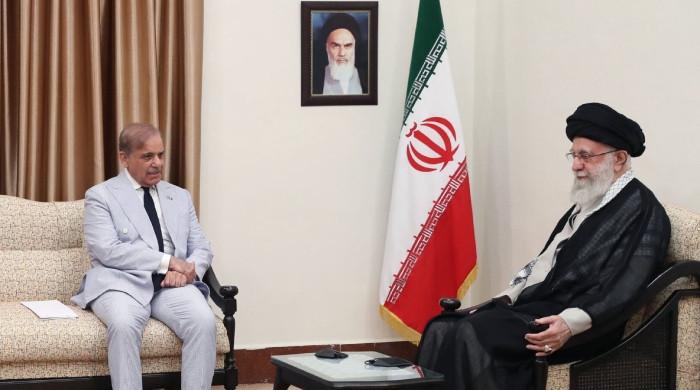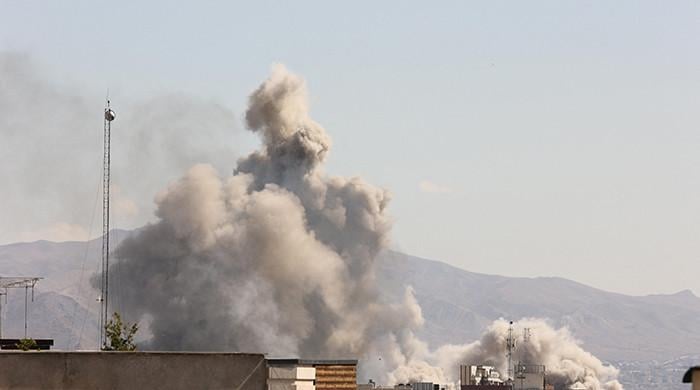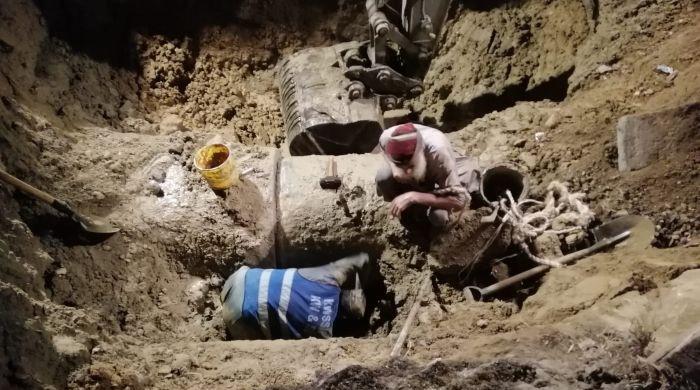Need for speed: Pakistan’s first metro train to roar to life in March
The 27-kilometre metro train, expected to run on electricity, will transport up to 250,000 passengers a day
December 09, 2017
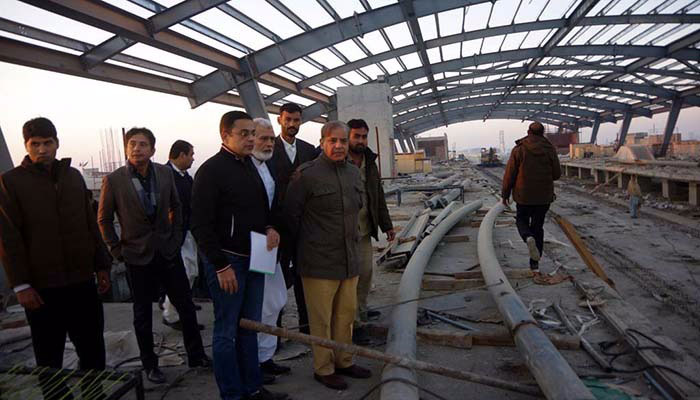
Pakistan’s first metro train service is slated to begin operations by March 23, 2018, in Lahore, after a go-ahead from the Supreme Court on Friday.
In April, a five-member bench of the Court reserved its ruling in a case regarding Lahore’s Orange Line Metro Train, the Punjab government’s most ambitious but divisive project.
Then, this week, eight months later, the verdict was announced. The judgment set aside a lower court’s order and allowed the provincial government to continue construction work at the earliest.
The $1.6 billion project stumbled into legal troubles after the Lahore High Court stayed its construction within 200 feet of 11 historical monuments in the city. A petition filed by civil rights activists argued that the United Nations Education, Scientific and Cultural Organization (UNESCO) had expressed serious concern about the rail tracks damaging the colonial and Mughal era monuments, which include the Shalimar Gardens, Gulabi Bagh Gateway, Chauburji, Zebunnisa’s Tomb, Lakshmi Building and the General Post Office. These heritage sites are also protected under the Punjab Special Premises (Preservation) Ordinance, 1985 and Antiquity Act, 1975.
In a press release, the Lahore Development Authority, a government department tasked with planning development in the city, stated that 78 percent of the construction was already done, even as the Court was reviewing the project. Six trains have reached Pakistan from China, and 20 others will be arriving soon.
“The Chinese contractors are speedily laying down the tracks,” it added.
“According to our evaluations, we hope to have the trains running by March. 23,” Amir Khan, the director land acquisition at the LDA, tells Geo.tv, “But this is still a tentative date. We aim to complete it in day-and-night shifts.”
There is little doubt that starting from now, work will power through, but the provincial government will also have to be mindful of the 31 conditions set by the Court in its ruling. Amongst which is the order to set up a Rs.100 million fund for the restoration of the historical monuments, ensure that all construction work is monitored by archaeologists and former judges, as well as make arrangements to reduce the speed of the high-speed rail when passing near the heritage sites. The judges also instructed the government to operate the metro train “on an experimental basis for at least two weeks on the entire length of the route” to monitor vibrations.
A few hours after the court’s ruling, in a video posted on the Punjab government’s Twitter account, Punjab’s Chief Minister Shehbaz Sharif congratulated the people of Pakistan, adding that had there been no delay, the project could already have been benefiting “thousands of children, university students, labourer, doctors, nurses and dishwashers. There would have been fewer cars on the streets which would have helped control air pollution.” The very next day (Saturday), the chief minister began visiting various sites of the metro train from 7 a.m.
The OLMT project was launched in May 2014 by Sharif, in collaboration with a Chinese company. Construction for it began rapidly in 2015 and was personally supervised by Punjab’s chief minister.
The 27-kilometre metro train is expected to run on electricity and will transport up to 250,000 passengers a day. The capacity will be increased to 500,000 passengers by 2025.
- Adnan Malik is a reporter at Geo News, Lahore Bureau. Photographs by Ijjaaz Gill, Geo Television, Lahore.
